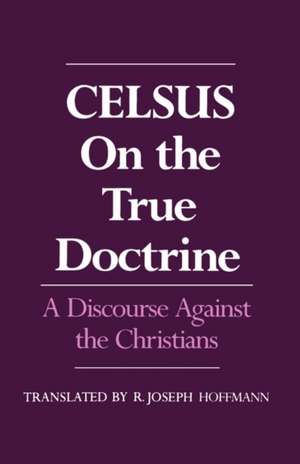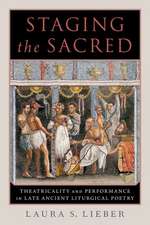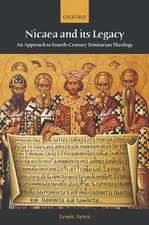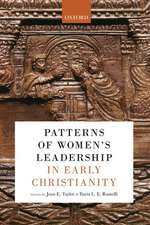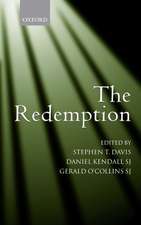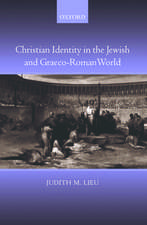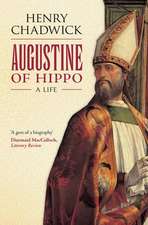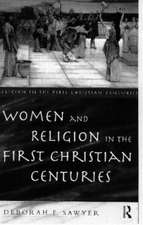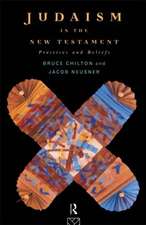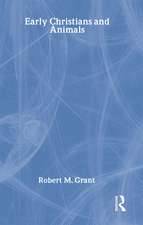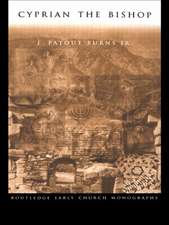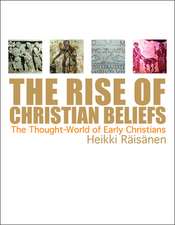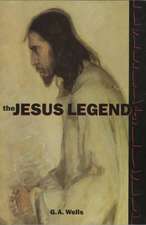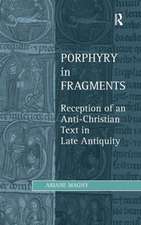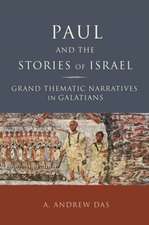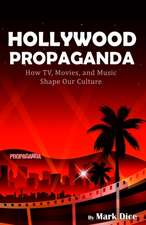On the True Doctrine: A Discourse Against the Christians
Autor Celsus Traducere de R. Joseph Hoffmanen Limba Engleză Paperback – 22 mar 1995
apologetical treatise, Contra Celsum, Origen argues against the ideas set forth by Celsus and quotes from Celsus' The True Doctrine at length. Through this treatise, Celsus has come to represent the detached pagan voice of the ages. In this translation, Professor Hoffmann has, for the first time,
painstakingly reconstructed the main order of the philosopher's argument. Celsus' discourse shows him to be an eclectic philosopher--a dabbler in various schools of thought, including Platonism and Stoicism, and a student of the history and religious customs of many nations. Hoffman supplements
this definitive translation with an informative introduction, summarizing Celsus' premises and placing the identity of Celsus in its historical context.
Preț: 499.44 lei
Preț vechi: 648.63 lei
-23% Nou
95.58€ • 99.42$ • 78.91£
Carte tipărită la comandă
Livrare economică 14-28 aprilie
Specificații
ISBN-10: 0195041518
Pagini: 160
Dimensiuni: 139 x 209 x 12 mm
Greutate: 0.21 kg
Editura: Oxford University Press
Colecția OUP USA
Locul publicării:New York, United States
Descriere
The works of many early critics of the Christian church were burned by ruling emperors or otherwise destroyed in the second and third centuries, but the writings of the Greek pagan philosopher, Celsus, have survived indirectly through his eloquent opponent Origen of Alexandria. In his
apologetical treatise, Contra Celsum, Origen argues against the ideas set forth by Celsus and quotes from Celsus' The True Doctrine at length. Through this treatise, Celsus has come to represent the detached pagan voice of the ages. In this translation, Professor Hoffmann has, for the first time,
painstakingly reconstructed the main order of the philosopher's argument. Celsus' discourse shows him to be an eclectic philosopher--a dabbler in various schools of thought, including Platonism and Stoicism, and a student of the history and religious customs of many nations. Hoffman supplements
this definitive translation with an informative introduction, summarizing Celsus' premises and placing the identity of Celsus in its historical context.
